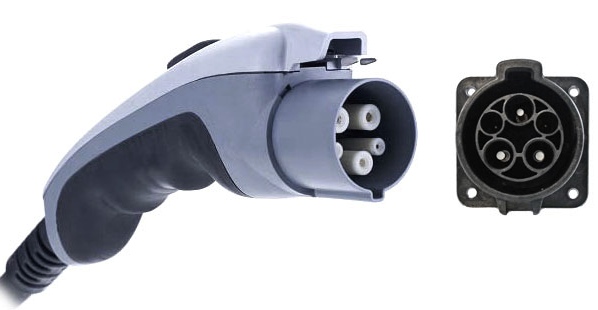J1772 - Electric Vehicle Chargers
Q&A from our 'Learn about EV' series.

What is it?
The J1772 is an Electric Vehicle charging standard set forth by SAE. This charger (EVSE, or Electric Vehicle Supply Equipment) connects with, communicates with, and charges the vehicle. In this standard, the EVSE manages the link from the grid or household power to the vehicle. Think of it as a smart outlet that communicates with the vehicle to "handshake" and ensure safe charging. While J1772 is not required by any federal agency to sell an EV in the US, it has now been adopted by all the manufacturers of passenger vehicles worldwide.
If you have a Tesla, or other non-J1772 vehicle, adapters are usually available.
Home Charging
We recommend charging your electric vehicle overnight, just like your mobile phone. Pull into your garage, plug in, and you'll wake up to a full charge the next morning. Even better, you'll pay only a fraction as much for electricity as you did for gasoline.
If you electric rates go down at night, it's best to use "Delayed Charging". Siemens VersiCharge level 2 home EV charger is super easy to install yourself in less than 15 minutes (if you have 240V outlet available), and has delayed charge setting for 2, 4, 6 or 8 hours, as well as 30 AMP fast charging option, and comes from a well known multi-billion company.
Here is how it works:
If you don't already have a 240V power/plug in you garage or where you plan to charge your EV, installing 240V with a help of a licensed electrician will run you about $250-$400 for materials and labor. If you do electrical work yourself, you will spend between $90-$150 for parts
Destination Charging
A destination charger is to entice people to use the establishment that has installed the charger. It is usually a high-efficiency charger installed at the location so visitors who shop or stay there can get a charge. Most chargers are not free to use, and most require a credit card to plug in to.